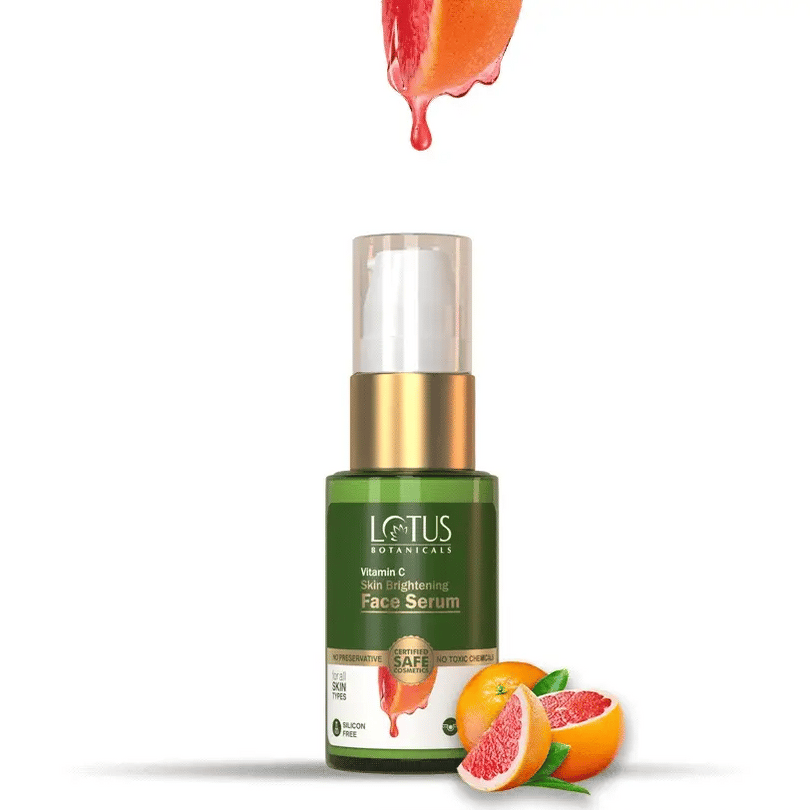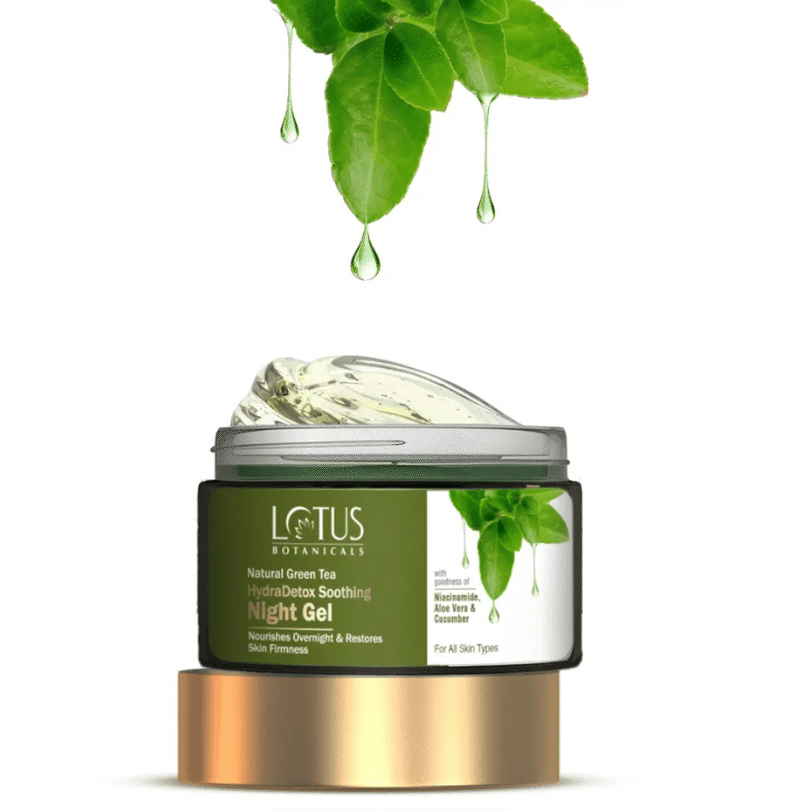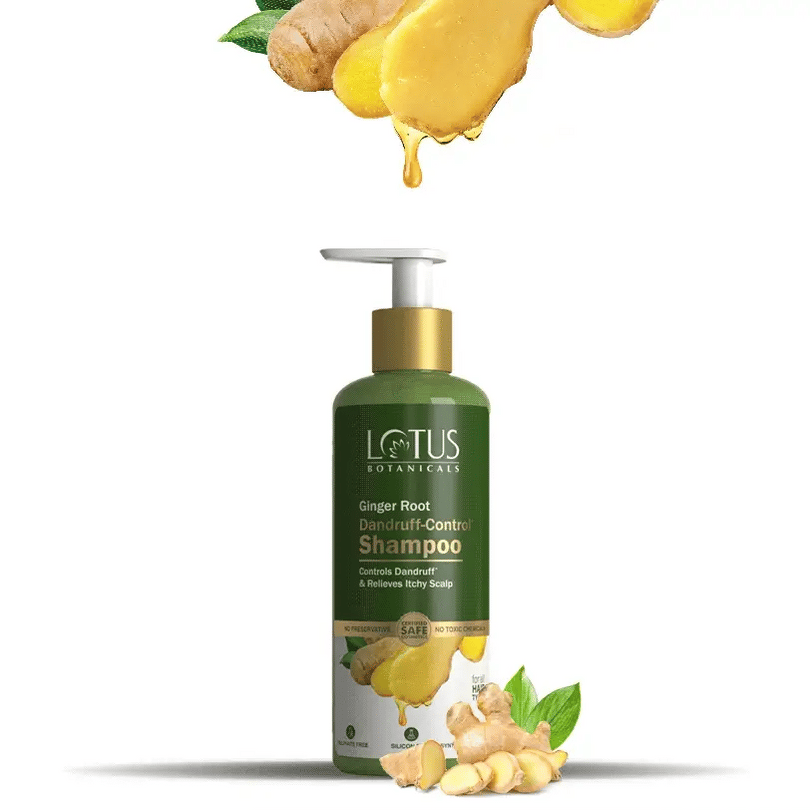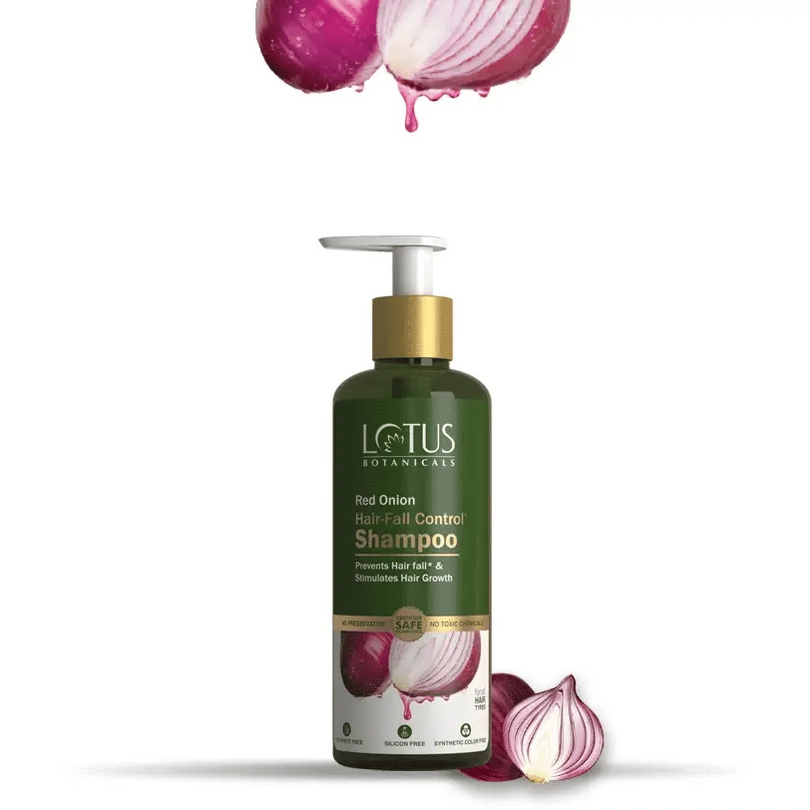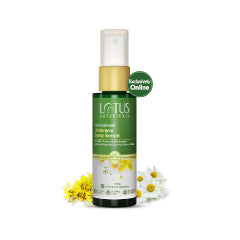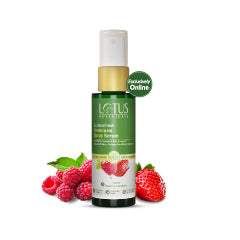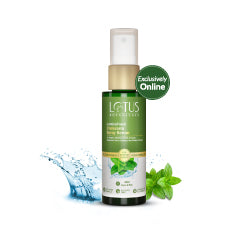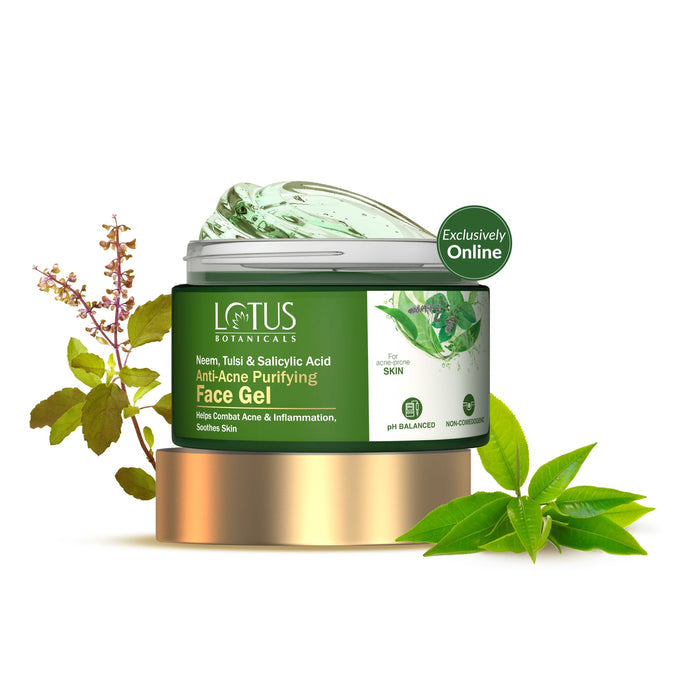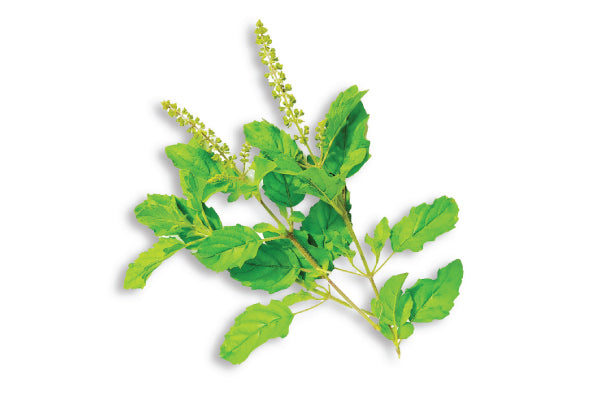
Tulsi
Tulsi, also known as Holy Basil and scientifically named Ocimum sanctum, is an extraordinary herb revered in Ayurvedic medicine for its comprehensive health and skincare benefits. Native to India, tulsi has been honored for over 3,000 years for its healing properties. Rich in antioxidants, vitamins, and essential oils, tulsi is a natural remedy for a variety of skin conditions. It purifies, rejuvenates, and protects the skin, making it a cornerstone ingredient for achieving a clear, healthy, and glowing complexion.
Best Used With
To enhance the benefits of tulsi, pair it with these complementary ingredients:
- Neem: Combining tulsi with neem amplifies its antibacterial and detoxifying effects, making it a powerful duo for acne-prone skin.
- Aloe Vera: Aloe vera enhances tulsi’s soothing and hydrating properties, ideal for sensitive and irritated skin.
- Turmeric: Turmeric’s anti-inflammatory and brightening effects complement tulsi, providing a holistic approach to skincare.
- Green Tea: Green tea’s antioxidant properties work synergistically with tulsi to protect and rejuvenate the skin.
Frequently Asked Questions
Tulsi is generally safe for most skin types. However, due to its astringent properties, it's advisable to do a patch test before applying it to your face, especially if you have very dry or sensitive skin.
Tulsi does not contain bleaching agents. However, it can help even out skin tone by reducing hyperpigmentation caused by sun damage or acne scars.
While Tulsi won't erase wrinkles, its antioxidant properties can help fight free radicals and may reduce the appearance of fine lines over time.
For soothing and purifying benefits, results can be noticeable within a few days. For concerns like acne or hyperpigmentation, consistent use for several weeks is recommended.
Yes, tulsi’s antibacterial and anti-inflammatory properties are highly effective in treating and preventing acne by eliminating bacteria and soothing the skin.







